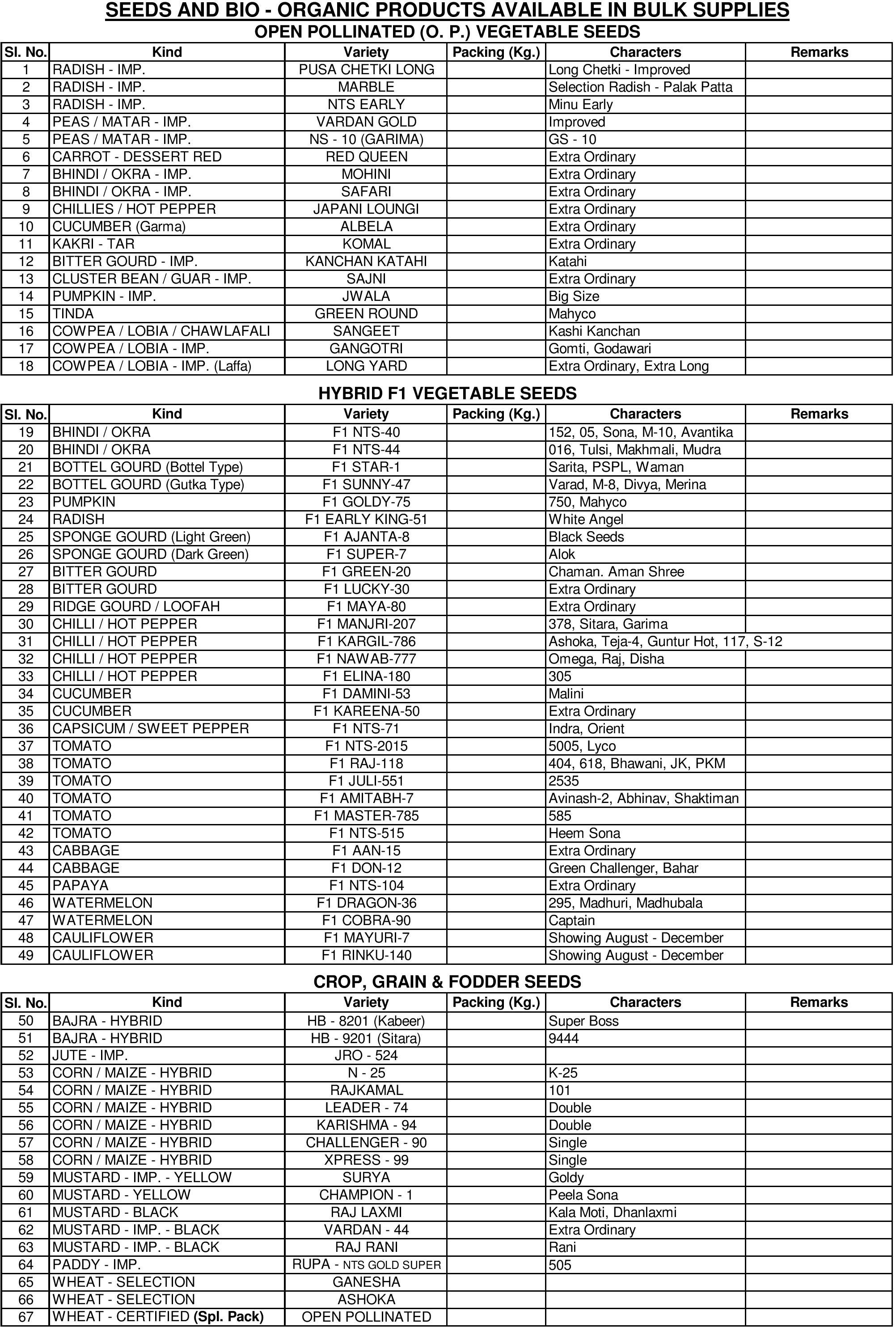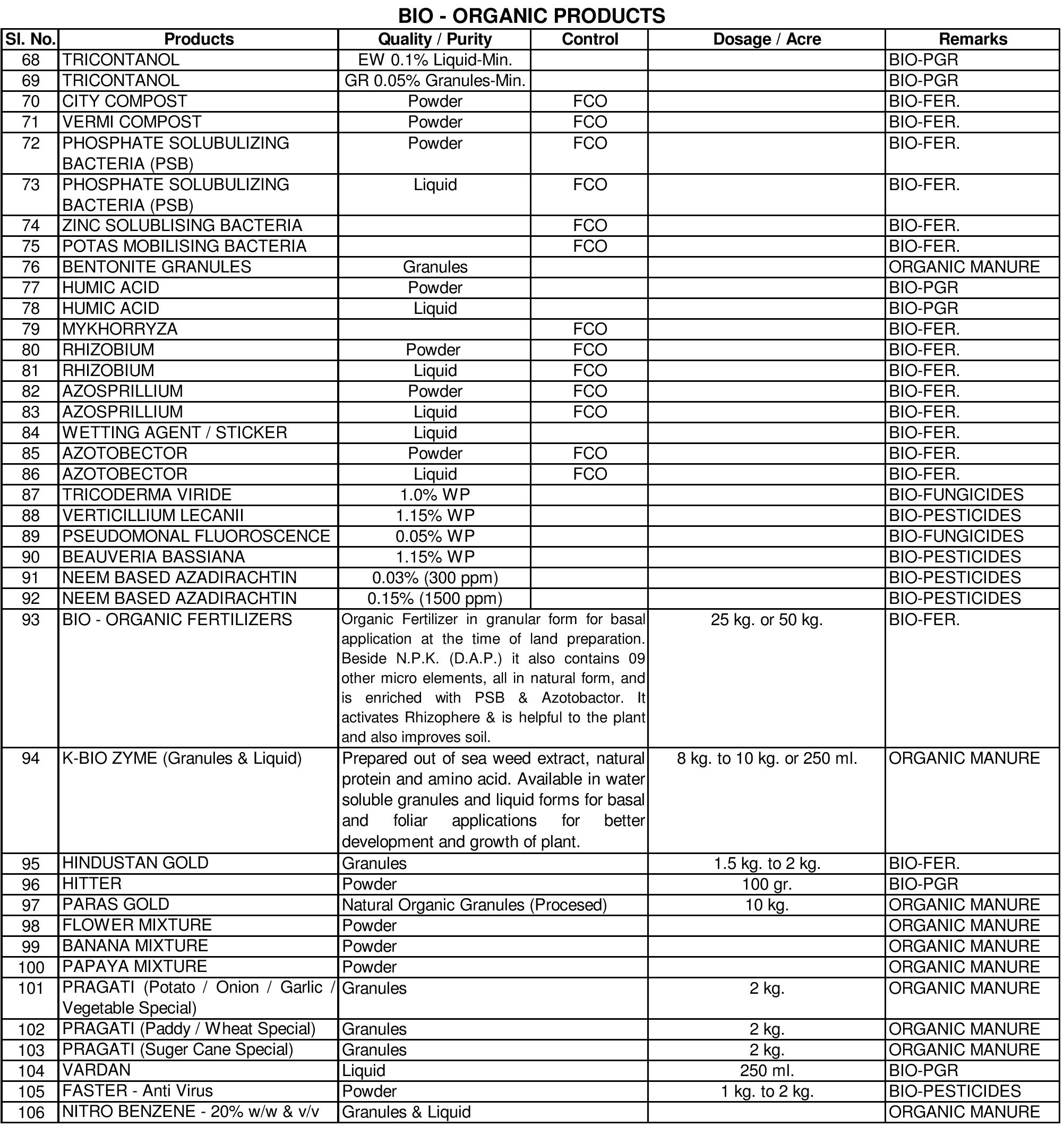Seeds
-
A seed is a small embryonic plant enclosed in a covering called the seed coat, usually with some stored food. It is the product of the ripened ovule of gymnosperm and angiosperm plants which occurs after fertilization and some growth within the mother plant. The formation of the seed completes the process of reproduction in seed plants started with the development of flowers and pollination, with the embryo developed from the zygote and the seed coat from the integuments of the ovule. All seeds are different size, shape and colour.
-
The term "seed" also has a general meaning that antedates the above anything that can be sown, e.g. "seed" potatoes, "seeds" of cornor sunflower "seeds". In the case of sunflower and corn "seeds", what is sown is the seed enclosed in a shell or husk, whereas the potato is a tuber.
-
Seeds have been an important development in the reproduction and spread of flowering plants, relative to more primitive plants such as mosses, ferns and liverworts, which do not have seeds and use other means to propagate themselves. This can be seen by the success of seed plants both gymnosperms and angiosperms in dominating biological niches on land, from forests to grasslands both in hot and cold climates.
-
Many structures commonly referred to as "seeds" are actually dry fruits. Sunflower seeds are sold commercially while still enclosed within the hard wall of the fruit, which must be split open to reach the seed. Different groups of plants have other modifications, the so-called stone fruits such as the peach have a hardened fruit layer (the endocarp) fused to and surrounding the actual seed. Nuts are the one-seeded, hard-shelled fruit of some plants with an indehiscent seed, such as an acorn or hazelnut.
-
We are offering the best quality products with esteem company and competitive prices and with good packing.
SEEDS AND BIO - ORGANIC PRODUCTS AVAILABLE IN BULK SUPPLIES


